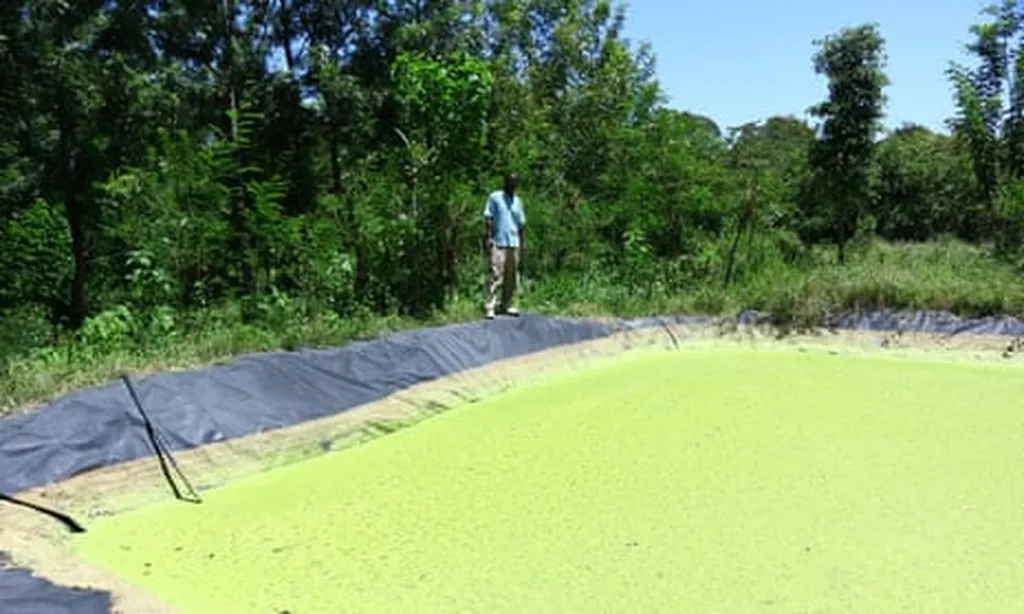In the heart of Ghana’s Eastern Region, a silent revolution is brewing among smallholder mango farmers, one that could reshape the future of climate-smart agriculture. A recent study published in *Cogent Food & Agriculture* (which translates to *Thoughtful Food & Agriculture*) has shed light on how these farmers perceive climate change and the strategies they employ to adapt, with a particular focus on gender dynamics.
Dr. Stephen Larbi-Koranteng, a researcher from the Faculty of Agriculture Science Education at Akenten Appiah-Menka University of Skills Training and Entrepreneurial Development (AAMUSTED) in Kumasi, Ghana, led the study. He and his team surveyed 116 smallholder mango farmers in the Yilo Krobo Municipality, delving into their perceptions of climate change and the adaptation strategies they use.
The findings revealed that a staggering 92% of farmers reported noticeable changes in the climate over the past 20–30 years. However, the study also uncovered significant differences in how male and female farmers perceive these changes. “Male farmers were more likely to report changes in flooding frequency than their female counterparts,” Dr. Larbi-Koranteng noted. This disparity in perception could have profound implications for the development of climate-smart agricultural practices.
The study found that both male and female farmers are employing various adaptation strategies, such as diversifying crops, adjusting planting dates, and changing irrigation practices. These strategies are not just about survival; they are about thriving in a changing climate. By adapting, these farmers are ensuring the sustainability of their livelihoods and the food supply.
One of the most compelling findings was that farmers’ sex and their involvement in social groups were significant predictors of climate change awareness. This underscores the importance of considering gender and social dynamics when designing interventions to raise awareness about climate change.
So, what does this mean for the future of agriculture? The study highlights the need for tailored, gender-sensitive approaches to climate change awareness and adaptation strategies. By understanding and addressing the unique perceptions and needs of male and female farmers, we can develop more effective and inclusive climate-smart agricultural practices.
As Dr. Larbi-Koranteng puts it, “This research is not just about understanding the past and present; it’s about shaping the future.” By leveraging the insights from this study, we can pave the way for a more resilient and sustainable agricultural sector, one that is equipped to weather the storms of climate change.
In the words of the researchers, this study is a call to action. It’s a reminder that the future of agriculture lies in our ability to adapt, innovate, and include. And as the world grapples with the realities of climate change, the lessons from the Yilo Krobo Municipality could very well be the key to unlocking a more sustainable and secure food future.

